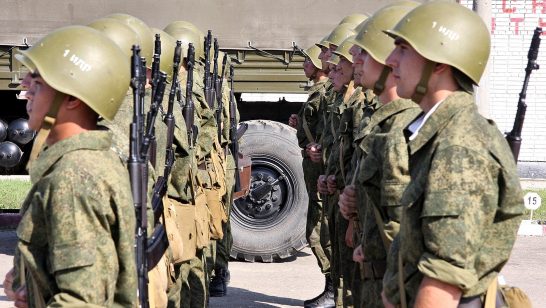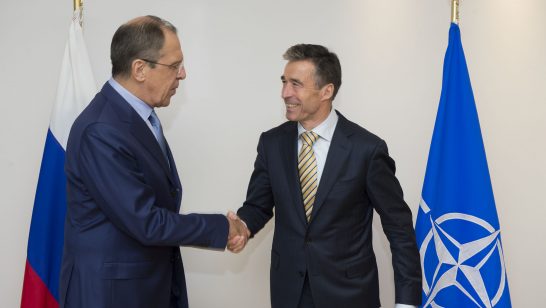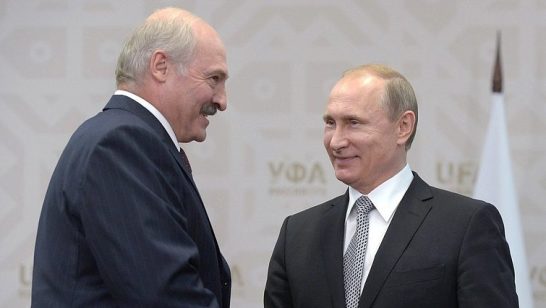In a week of intensive diplomacy between Russia, NATO and other European countries, we are sharing a variety of resources and recommendations from members of the European Leadership Network.
ELN members are drawn from across wider Europe, including Russia, and from a variety of political opinions, parties and backgrounds. We are united in a belief in the necessity of dialogue across divides.
Many ELN members have called consistently for Russia and NATO to engage in diplomacy to prevent a further escalation of tensions. In particular we have focused over the past year on why – and how – to establish regular, purposeful, sustained dialogue between NATO and Russian militaries. This issue was among those highlighted in the 2020 recommendations from an experts’ dialogue on reducing risks between Russia and NATO. ELN worked with the Latvian Institute and the LIIA refined the ideas further in a workshop and report on reducing the risks of escalation between Russia and NATO. Senior Consulting Fellow Graham Stacey and Adam Thomson flagged the benefits of military-to-military in an op-ed in The Hill last year.
We brought together leading security voices from the UK, Russia and Lithuania to highlight how NATO and Russia could communicate over military exercises to avoid unintended escalation in an op-ed for Project Syndicate. This is one of the issues that has now been flagged as a priority for discussion between NATO and Russia, notably in yesterday’s remarks by the NATO Secretary-General.
ELN members have considered how Europe could step up its diplomacy on Euro-Atlantic security as a much-needed complement to US-Russia talks. Senior network member Natalie Tocci writes for Politico on the important role the EU can play over Ukraine, calling for the Normandy format to be reinforced and expanded. Igor Istomin of MIGMO and the ELN’s Contact Group on Russia-West relations wrote for us in September on the need for European engagement to complement the bilateral US-Russia stability dialogue. Meanwhile this month senior associate fellow Stefanie Babst argues NATO and the EU should consider how to bolster Ukraine’s security and energy security in tandem, while the OSCE should be the primary forum for regional security talks.
In response to the growing tensions in recent months, Network members have also shared and compared views on the Ukraine crisis and the exploitation of migrants at the Belarus border. We will be convening intensively in the coming weeks to bolster the chances that the new rounds of diplomacy between NATO, Russia, other European countries and the OSCE can prove to be fruitful.
Image from Wikimedia Commons, kremlin.ru.



